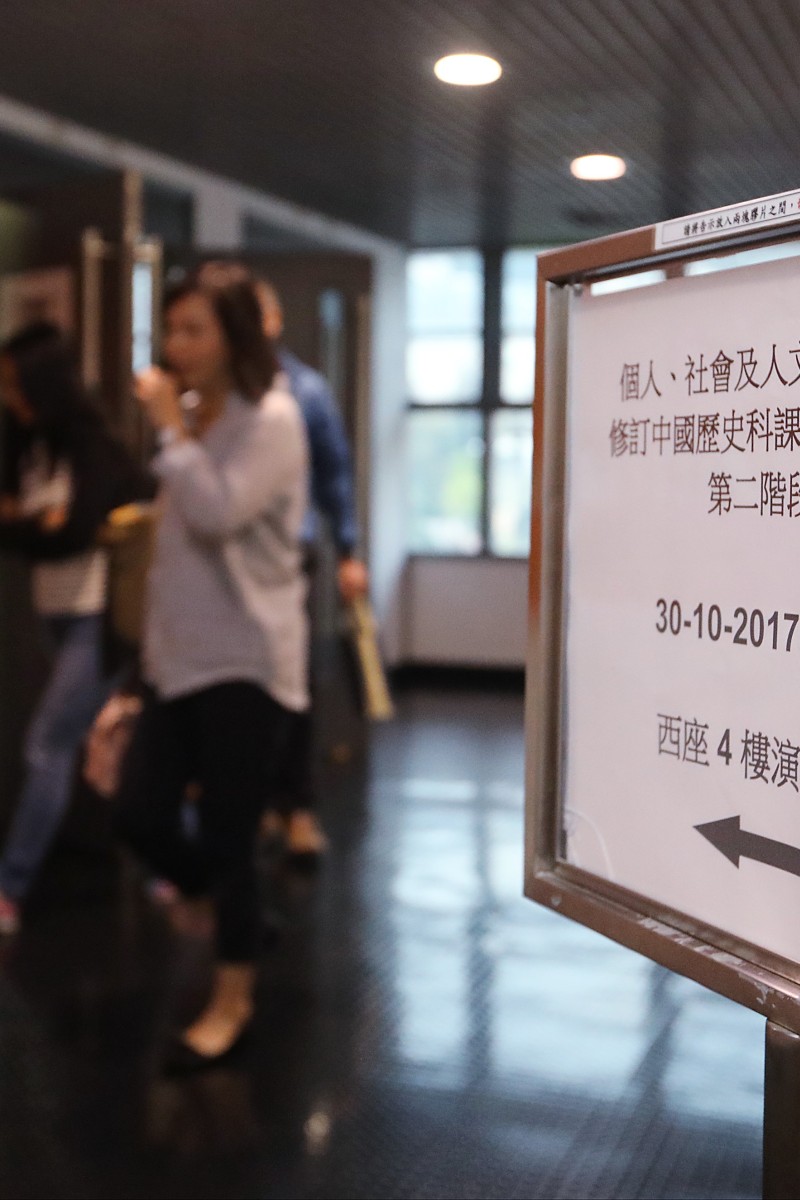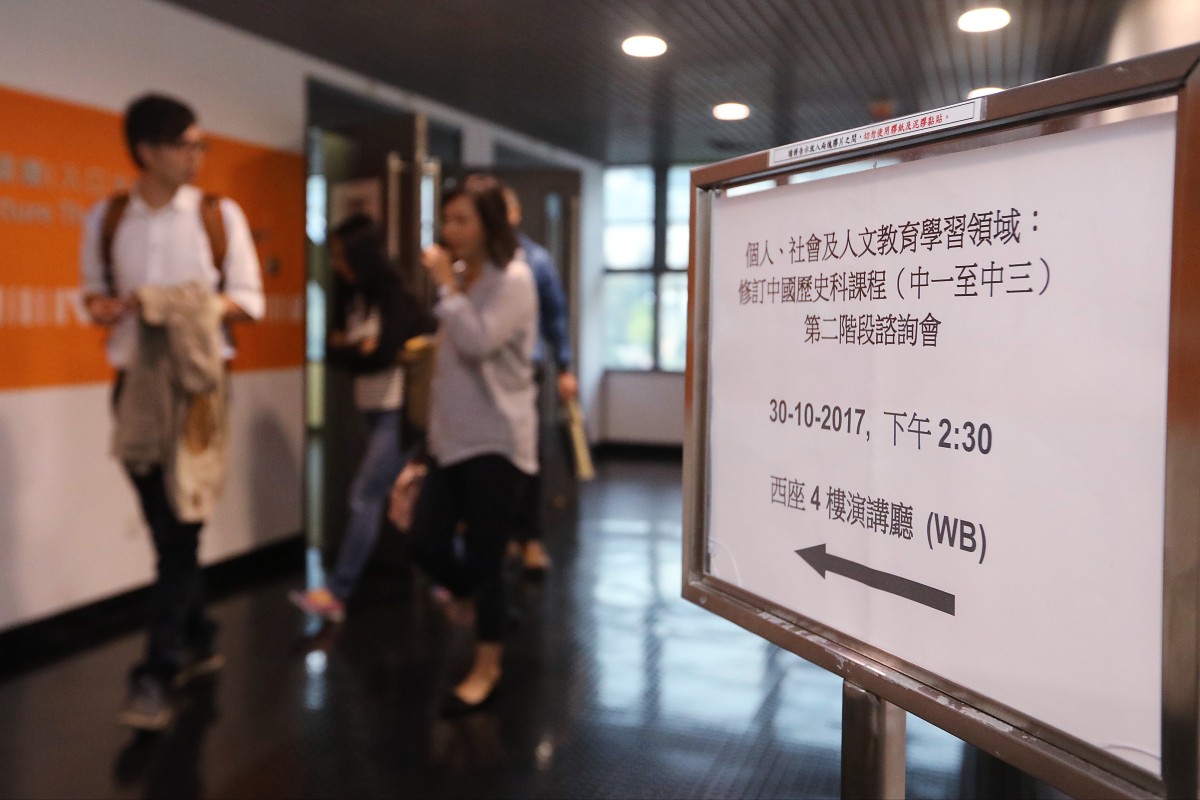
The government is stifling critical thinking by removing sensitive events from the syllabus
If teaching approach continues to focus on who did what and when, students will be unable to provide deep and meaningful analysis on their own
 The government has been consulting teachers on the new mandatory subject.
The government has been consulting teachers on the new mandatory subject. The Education Bureau has recently revealed their updated curriculum on Chinese history, which will soon be a mandatory, independent subject at the junior forms of all secondary schools.
The proposed revamps include placing heavier emphasis on the mainland’s cultural and technological development, as well as omitting sensitive political events, such as Tiananmen Square and the 1967 riots, from the syllabus completely.
The aims of such a move, according to Chief Executive Carrie Lam Cheng Yuet-ngor, is to nurture “socially responsible” pupils with a “sense of national identity”. This is not our government’s first attempt to roll out so-called improvements to enhance our “critical thinking”and “social awareness”, and it won’t be the last.
From Liberal Studies to the failed National Education reform, none have succeeded in producing students who are simultaneously patriotic, logical and analytical – as desired by our officials.
The problem with secondary school Chinese history, or history classes in general, is the narrative approach to how dynasties rise and fall. Exams only ever ask students to blindly regurgitate the information of what and when things happened – when, in fact, there is a wealth of knowledge and insight provided on why something happened, and the implications and relevance of important historical events.
For example, a type of question that has irked countless scholars would be: “Why did the Scientific Revolution, with its inventions of electricity, guns and steel, occur in Western countries, despite China having led the race in scientific development with its four great invention in ancient times?”
These questions, which require a degree of understanding of a country’s history, culture and politics, is invariably more interesting than merely learning about who did what.
Another problem I find with humanities subjects in high school is that, although they claim to encourage critical thinking, they do not encourage students to read analytical essays from scholars who have devoted years studying the relevant subject.
Without reading some interesting theories or thought-provoking arguments put forward by others, students will hardly be able to come up with any nuanced or deep analysis on their own. Instead, most produce predictable response based on the “firstly, secondly, thirdly” bullet point template.
It seems like our government would rather stifle critical thinking altogether by removing all controversial episodes of Chinese history from the curriculum.